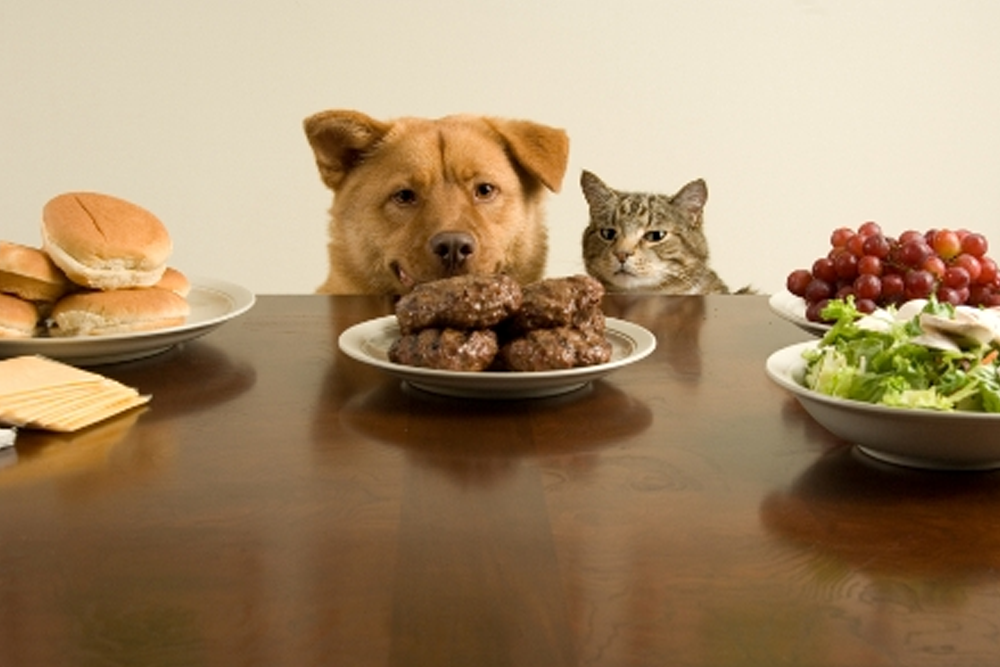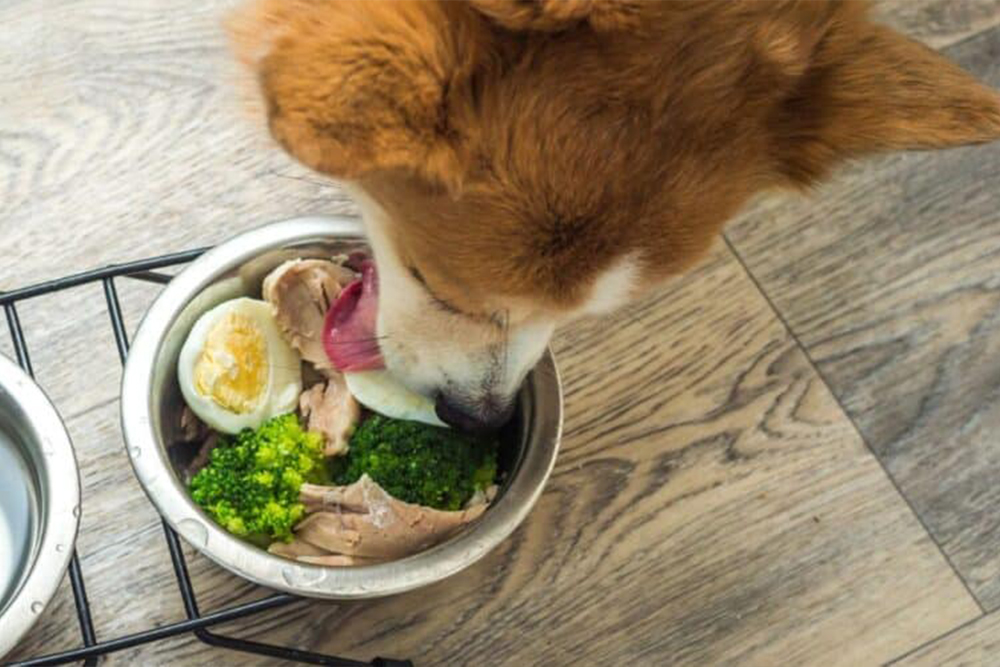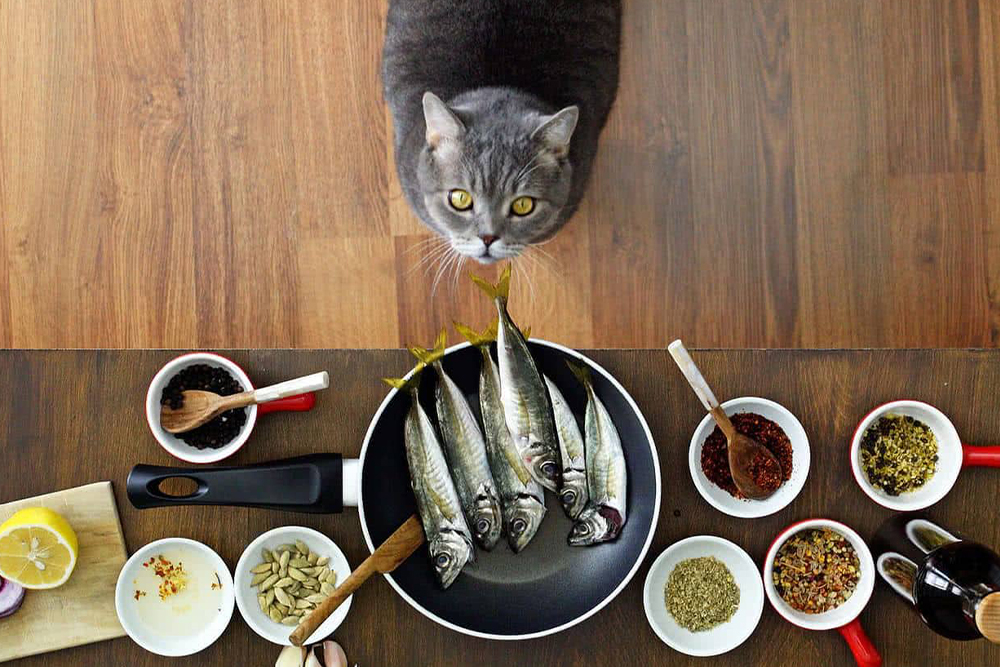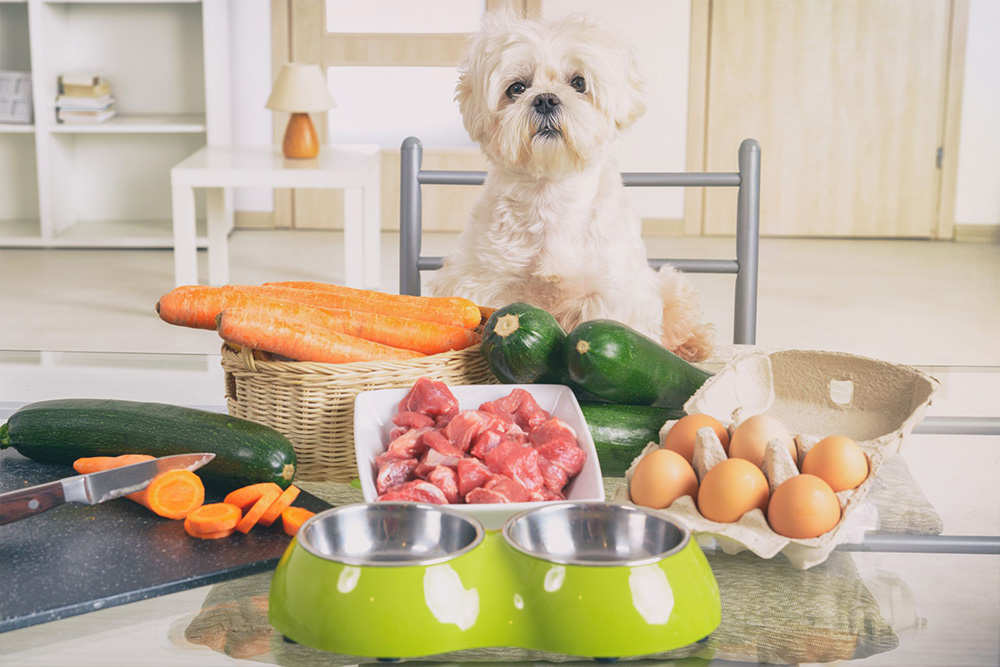The 10 Foods You Should Never Feed Your Pet

As a pet owner, you want the best for your furry friend. Part of that responsibility includes feeding them a balanced and nutritious diet. However, not all human foods are suitable for pets, and some can even be toxic. In this article, we will discuss 10 foods that you should never feed your pet, as well as why these foods can be harmful to their health.
Related articles
1- How to Prevent Boredom and Keep Your Pet Engaged in Their Activities
2- Discover the Latest Techniques to Improve Your Pet Mental Health
3- How to Introduce New Activities in Your Pet’s Routine Safely and Funly
4- Discover how your pets can live longer with these simple tips
1. Chocolate
Chocolate is a well-known no-no for pets, especially dogs. It contains theobromine, a compound that is toxic to dogs and can lead to severe poisoning. The darker the chocolate, the higher the theobromine content, meaning that dark chocolate and baking chocolate are even more dangerous. Ingesting chocolate can cause vomiting, diarrhea, rapid breathing, increased heart rate, seizures, and even death in dogs.
2. Grapes & Raisins
Grapes and raisins are toxic to dogs and can lead to acute kidney failure. Even small amounts can be harmful and result in serious health issues. Symptoms of grape or raisin toxicity include vomiting, diarrhea, lethargy, abdominal pain, and decreased urine production. If you suspect your dog has ingested grapes or raisins, seek veterinary attention immediately.
3. Onions & Garlic
Onions and garlic, as well as other members of the Allium family (such as leeks, shallots, and chives), can be toxic to both dogs and cats. These foods contain compounds that can damage red blood cells, leading to anemia. Ingesting large quantities or regular small amounts can cause symptoms such as vomiting, diarrhea, weakness, and pale gums. Severe cases may require a blood transfusion.
4. Avocado
Avocado contains a toxin called persin, which can be harmful to dogs, cats, and birds. While the toxin is present in all parts of the avocado, the skin and pit contain the highest concentrations. Ingesting avocado can cause vomiting, diarrhea, and breathing difficulties in pets. In birds, it can lead to congestion, difficulty breathing, and even death.
5. Alcohol
Alcohol is toxic to pets and can cause a wide range of symptoms, including vomiting, diarrhea, difficulty breathing, tremors, disorientation, and even death. Alcohol poisoning in pets can occur from ingesting alcoholic beverages, alcohol-containing foods, or even household products like mouthwash or hand sanitizer. If you suspect your pet has consumed alcohol, contact your veterinarian immediately.
6. Caffeine
Caffeine can be found in various products, such as coffee, tea, energy drinks, and some medications. It is toxic to both dogs and cats and can cause hyperactivity, vomiting, diarrhea, increased heart rate, high blood pressure, tremors, and seizures. In severe cases, it can be fatal. Make sure to keep caffeine-containing products out of reach of your pets.
7. Xylitol
Xylitol is a sugar substitute found in many sugar-free products, like gum, candy, and baked goods. It is extremely toxic to dogs and can cause a rapid release of insulin, leading to hypoglycemia (low blood sugar). Symptoms of xylitol poisoning include vomiting, loss of coordination, and seizures. In severe cases, it can lead to liver failure and death. Always check the ingredients of products before giving them to your pet and keep xylitol-containing items out of reach.
8. Macadamia Nuts
Macadamia nuts are toxic to dogs and can cause symptoms like vomiting, weakness, tremors, and hyperthermia (elevated body temperature). While the exact cause of the toxicity is not well understood, it is best to err on the side of caution and keep macadamia nuts away from your dog.
9. Raw Yeast Dough
Raw yeast dough can be dangerous for pets, especially dogs. When ingested, the yeast ferments in the pet’s stomach, producing gas and alcohol. This can cause the dough to expand, leading to bloating and potentially life-threatening twisting of the stomach (gastric torsion). Additionally, the alcohol produced can cause alcohol poisoning. If you suspect your pet has ingested raw yeast dough, seek veterinary care immediately.
10. Bones
Feeding your pet cooked bones, particularly poultry bones, can be hazardous. Cooked bones are more likely to splinter and can cause blockages or tears in the digestive system. Instead, opt for raw bones or bone-like toys specifically designed for pets.
In conclusion, it is essential to be aware of the potential dangers certain foods can pose to your pet’s health. Always consult with your veterinarian before introducing new foods to your pet’s diet, and keep potentially toxic items out of reach. By being vigilant and informed about your pet’s nutritional needs, you can help ensure their well-being and happiness.
Sobre o Autor




0 Comentários